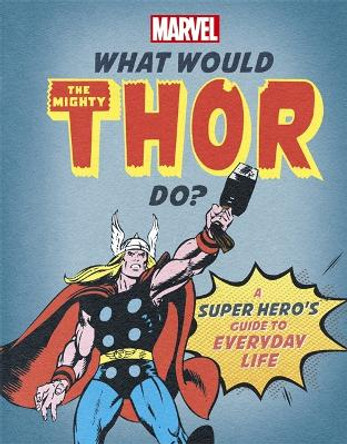Description
Ruth DeFries argues that a surprising set of time-tested strategies from the natural world can help humanity weather these crises. Through trial and error over the eons, life has evolved astonishing and counterintuitive tricks in order to survive. DeFries details how a handful of fundamental strategies-investments in diversity, redundancy over efficiency, self-correcting feedbacks, and decisions based on bottom-up knowledge-enable life to persist through unpredictable, sudden shocks. Lessons for supply chains from a leaf's intricate network of veins and stock market-saving "circuit breakers" patterned on planetary cycles reveal the power of these approaches for modern life. With humility and willingness to apply nature's experience to our human-constructed world, DeFries demonstrates, we can withstand uncertain and perilous times. Exploring the lessons that life on Earth can teach us about coping with complexity, What Would Nature Do? offers timely options for civilization to reorganize for a safe and prosperous future.
About the Author
Ruth DeFries is University Professor and Denning Family Professor of Sustainable Development in the Department of Ecology, Evolution, and Environmental Biology at Columbia University. She is a recipient of the MacArthur "Genius" Fellowship and a member of the U.S. National Academy of Sciences. Her books include The Big Ratchet: How Humanity Thrives in the Face of Natural Crisis (2014).
Reviews
DeFries is an excellent writer, using elegant storytelling to offer a hopeful delineation of pathways to a sustainable future. She builds on evolutionary history, the theory of complex adaptive systems, and examples of the emergence of cooperation in biological systems, including human societies-distilling a complex topic for a broad audience. -- Simon A. Levin, James S. McDonnell Distinguished University Professor in Ecology and Evolutionary Biology, Princeton University
DeFries has an unparalleled ability to think deeply about major societal trends and to distill the dynamics that explain these patterns. Each chapter is exquisitely written and illustrated by many interrelated examples, ranging from historical events from ancient times to current unsolved dilemmas faced by society. -- F. Stuart Chapin III, Professor Emeritus, University of Alaska-Fairbanks
Our world has become more interconnected yet less diverse, increasing our vulnerability to the unforeseen. To defend against catastrophe, Ruth DeFries says we must capture the lessons of evolution: how nature and humans have coped with the messy challenges they have faced over millennia. In What Would Nature Do?, she connects the dots with beautiful writing and rigorous research that will make you smile and say, "aha." -- Len Baker, Partner, Sutter Hill Ventures
Sturdy science applied to society's biggest problems and good food for thought. * Kirkus *
A highly readable guide. An important book that identifies some of the limits of contemporary thinking. * Journal of Geography *
Positively packed with fascinating history, science and analysis. 'What Would Nature Do?' is a fascinating and mind-expanding book that helps the reader see the world in a different way, with more interconnectivity and similarities across fields of inquiry and scales of existence than before. Read it-you won't regret it! * The Weekly Anthropocene *
This thought-provoking book packs at least 20 different disciplines into a satisfying exploration of the myriad ways the natural world contends with existential challenges that threaten equilibrium. . . . Extensive footnotes plus at least 375 references and a detailed index make this text equally useful for a first-year liberal arts seminar, an upper-level course in ecological modeling, or a community read for concerned citizens. * Choice *
Awards
Winner of Columbia University Press Distinguished Book Award 2022.
Book Information
ISBN 9780231199421
Author Ruth DeFries
Format Hardback
Page Count 264
Imprint Columbia University Press
Publisher Columbia University Press









